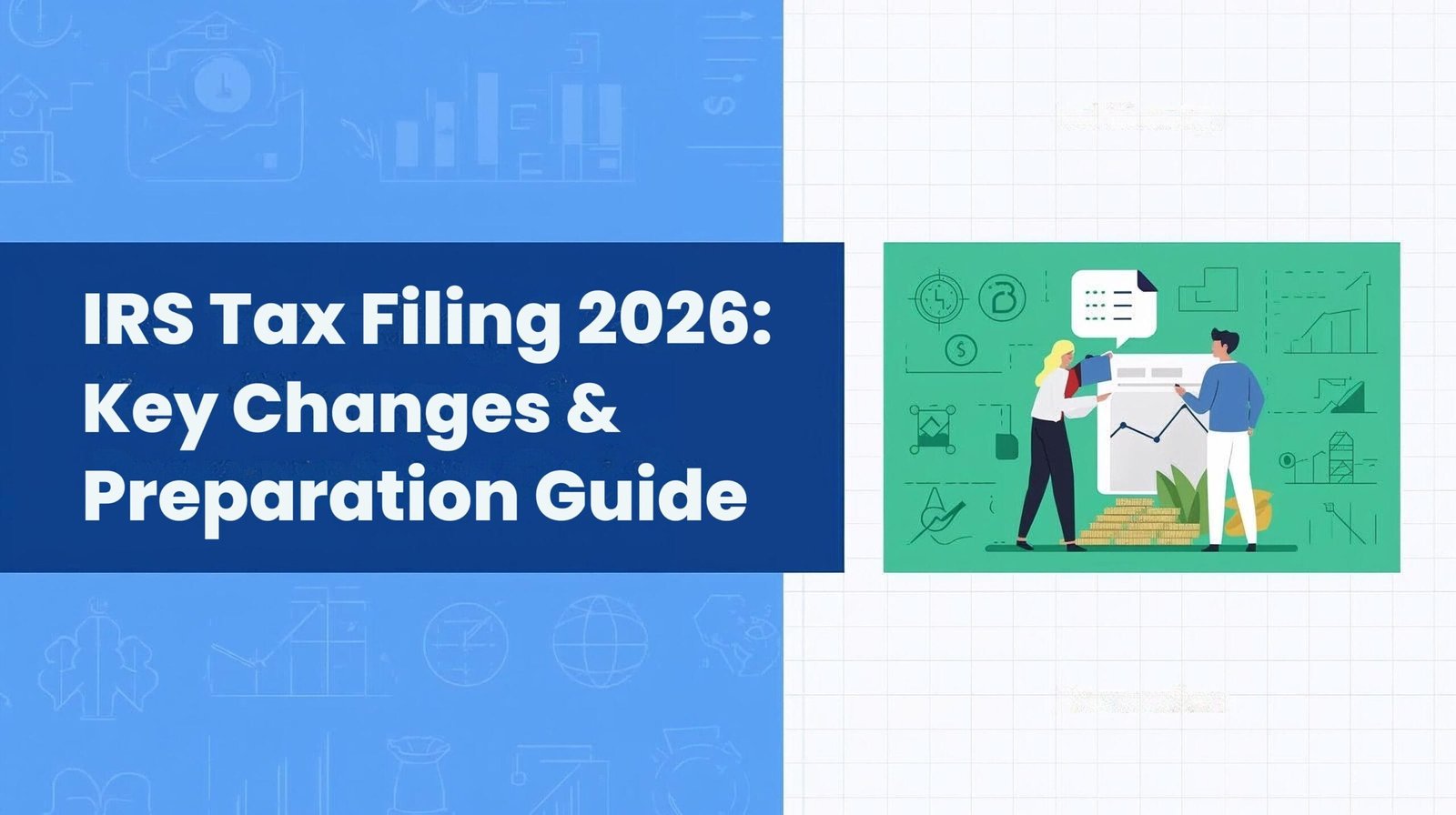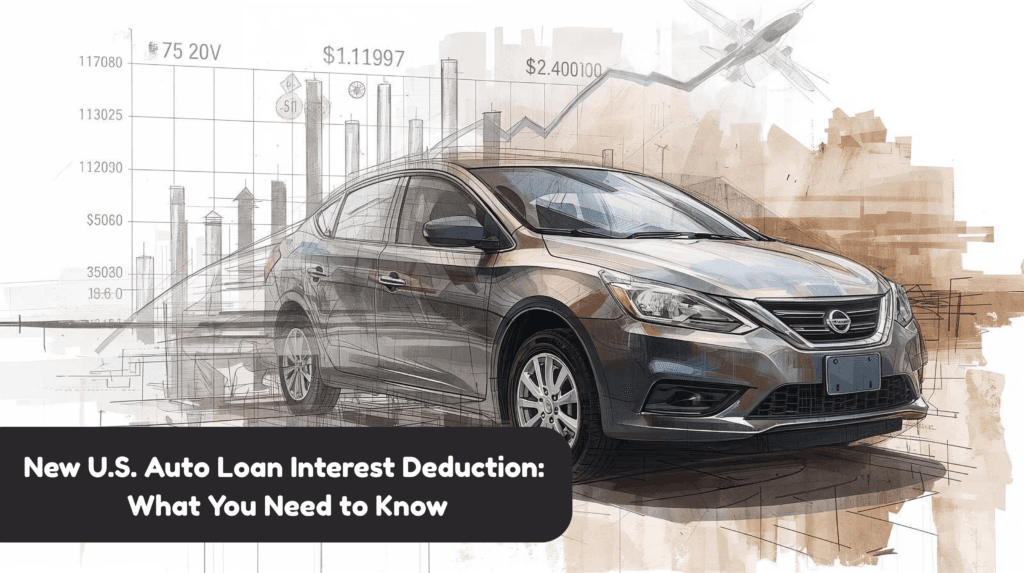
We Make Tax Filing A Breeze
Home » New U.S. Auto Loan Interest Deduction Explained

For years, the general rule in the U.S. was that interest paid on a personal car loan was not a deductible expense. This meant that the thousands of dollars in interest paid over the life of a car loan offered no tax relief for individual taxpayers. However, a significant change is on the horizon. The recently passed One Big Beautiful Bill Act (OBBBA) introduces a new, temporary deduction that could provide a welcome tax break for many Americans.
This new provision is complex, with specific rules and requirements for both taxpayers and vehicles. Understanding these details is crucial to determine if you can benefit.
Before the OBBBA, personal interest, including interest on a loan for a car used for personal transportation, was not tax-deductible. The only exceptions were for vehicles used for business purposes, where the interest could be deducted as a business expense, and for certain business-related expenses for self-employed individuals. This distinction meant that for most individuals, car loan interest was a non-deductible personal expense.
The OBBBA introduces a new provision allowing certain taxpayers to claim a deduction for interest paid on a new auto loan. This is a temporary measure, applying to auto debt incurred after December 31, 2024, and before January 1, 2029. It allows for an “above-the-line” deduction, meaning you can claim it even if you take the standard deduction and don’t itemize. This is a significant change that expands the potential benefit to a wider range of taxpayers.
To claim this new deduction, you must meet certain criteria:
This isn’t just for any car you buy. The law has a very specific definition of what a qualifying vehicle is. To be considered an “applicable passenger vehicle,” the car must meet all of the following requirements:
The deduction specifically excludes fleet sales, commercial vehicles, and lease financing.
The deduction is subject to a specific timeframe and requires careful record-keeping:
In conjunction with this new deduction, the OBBBA also places new reporting requirements on lenders. If a lender receives $600 or more in interest payments on a qualifying auto loan in a calendar year, they are now required to report detailed information to the IRS. While the exact form for this new auto loan interest reporting has yet to be released, it is expected to be similar to other 1098 forms (like Form 1098-E for student loan interest).
Lenders will be required to report:
Lenders must also furnish a written statement containing this information to the borrower by January 31 of the following year, which will be essential for taxpayers to file their returns correctly.
To learn more about how you can reduce your taxes and save money, check out the helpful resources on our blog or contact us today to schedule a consultation.